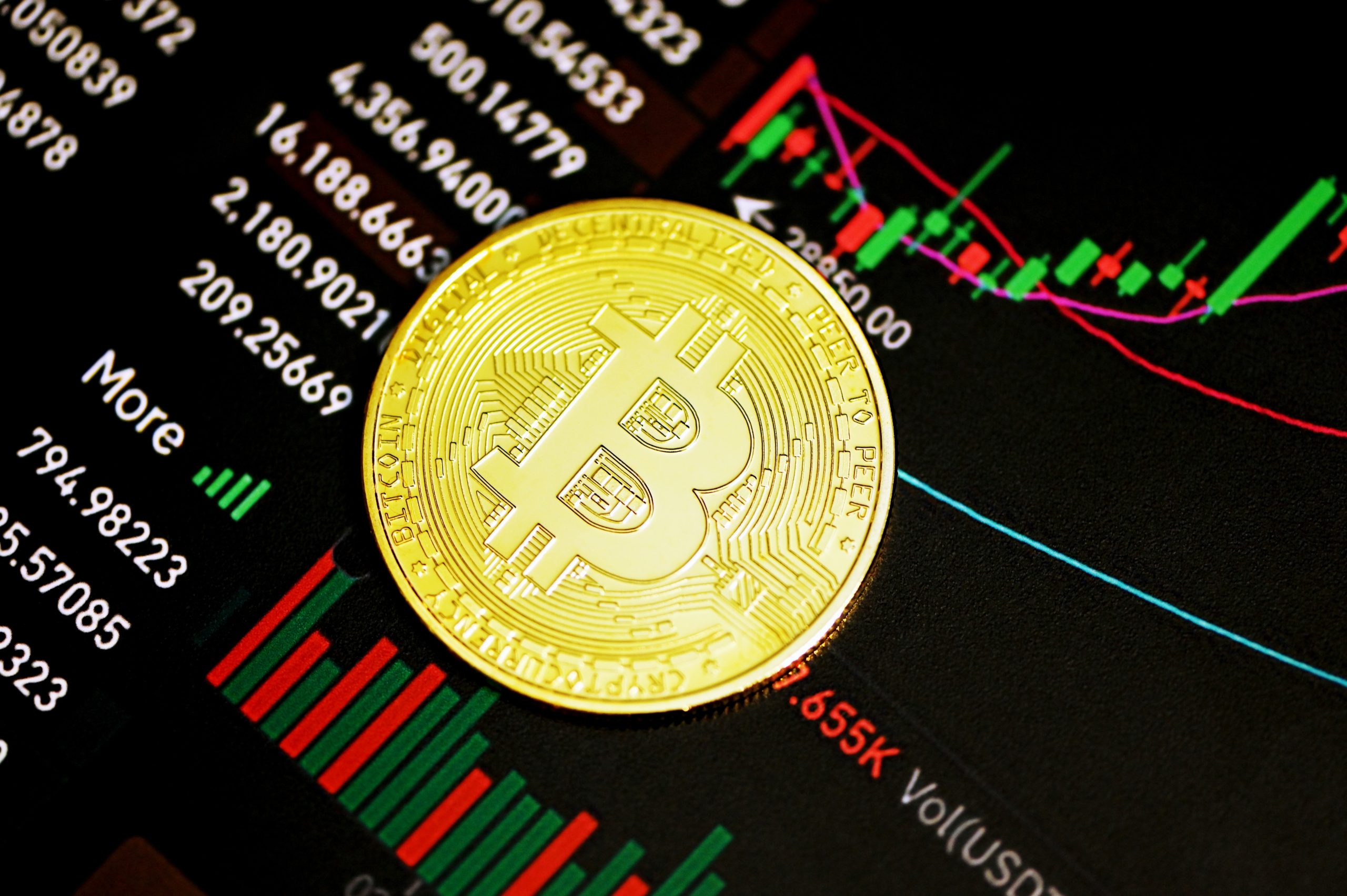The digital world is evolving at an unprecedented pace, and with it comes a new form of currency – Bitcoin. This cryptocurrency has become increasingly popular in recent years, with many people investing their time and money into this digital gold rush. However, the question remains: Is the hype around Bitcoin sustainable in the long run? In this blog post, we’ll take a deep dive into what Bitcoin is, its history, pros and cons, risks associated with it, and ultimately explore whether or not this digital phenomenon will continue to be a game-changer for years to come. So sit back, grab your virtual pickaxe and let’s explore the sustainability of the digital gold rush!
What is Bitcoin?
Bitcoin is a decentralized digital currency that was created in 2009 by an unknown person or group using the name Satoshi Nakamoto. Unlike traditional currencies, Bitcoin operates without a central bank or single administrator. This means that it can be sent from user to user on a peer-to-peer network without intermediaries.
To own Bitcoins, one needs to have access to a digital wallet where they can securely store and transact their coins. Each transaction made with Bitcoin is recorded on a public ledger called the blockchain, which ensures transparency and security of all transactions carried out within the network.
One of the unique features of Bitcoin is its limited supply, with only 21 million Bitcoins set to ever exist. This scarcity has driven up demand for Bitcoin as people seek an alternative investment opportunity outside of traditional assets like stocks and bonds.
In recent years, Bitcoin has gained significant mainstream acceptance as more businesses begin accepting it as payment for goods and services. However, due to its volatile nature, there are concerns around its sustainability as an investment option over time.
The History of Bitcoin
The history of Bitcoin begins in the early 2000s when researchers attempted to create a decentralized digital currency. In 2009, an individual named Satoshi Nakamoto released a white paper outlining the creation of Bitcoin, which would become the first successful implementation of this technology.
The identity of Satoshi Nakamoto is still unknown and remains one of the biggest mysteries surrounding Bitcoin. However, their invention has revolutionized online transactions and sparked a global interest in cryptocurrency.
In its early days, Bitcoin was mostly used by tech enthusiasts and libertarians who saw it as a way to bypass traditional financial institutions. Its value was relatively low until around 2013 when media attention began to grow, leading to increased adoption and investment.
Since then, Bitcoin has experienced numerous ups and downs in value due to various factors such as regulatory changes or security breaches on exchanges. Despite these challenges, it continues to stay relevant and attract new investors.
Today, there are thousands of cryptocurrencies available with varying degrees of success. However, none have been able to match the popularity and market dominance that Bitcoin currently holds.
The Pros and Cons of Bitcoin
There are several advantages and disadvantages of using Bitcoin, which are worth taking into consideration before investing in the cryptocurrency market.
On one hand, Bitcoin is decentralized, meaning that it is not controlled by any government or financial institution. This makes transactions faster and cheaper than traditional methods of payment. Additionally, since there are a limited number of Bitcoins available (only 21 million will ever be created), it can potentially increase in value over time due to its scarcity.
However, on the other hand, Bitcoin’s decentralization also means that there is no central authority to regulate the currency. This can lead to fluctuations in value and vulnerability to fraud and hacking attacks. Furthermore, although transactions may be cheaper than traditional methods initially, fees can quickly add up due to high volatility rates.
Another disadvantage of Bitcoin is its lack of widespread acceptance as a form of payment. While some businesses have started accepting Bitcoins as payment for goods and services, it has yet to become mainstream enough for everyday use.
While there are certainly benefits associated with using Bitcoin as an alternative investment option or method of payment online – such as decentralization – investors should still approach this market with caution given its risks and limitations.
What are the Risks Associated with Bitcoin?
Bitcoin has been around for over a decade now, and despite its popularity, it is still not without risks. One of the biggest concerns associated with Bitcoin is its volatility. The value of Bitcoin can fluctuate wildly in a matter of hours or days, which can make investing in it risky.
Another risk associated with Bitcoin is security. There have been instances where people’s Bitcoins have been stolen due to hacking or other cyber attacks on their wallets or exchanges they use to buy and sell Bitcoin. This highlights the importance of ensuring that your wallet and exchange are secure before you invest in Bitcoin.
Bitcoin also faces regulatory risks as governments around the world try to figure out how best to regulate cryptocurrencies like Bitcoin. Some countries have already banned cryptocurrencies altogether, while others are yet to come up with clear regulations regarding their use.
There is always the risk that something better may come along and replace Bitcoin as the dominant cryptocurrency. Newer blockchain technologies could render older ones obsolete if they offer more features or improved functionality.
These risks should be carefully considered by anyone looking to invest in Bitcoin for sustainability reasons over time as it may cause significant losses if executed improperly .
Conclusion
The digital gold rush for Bitcoin has been impressive in its short lifespan. It has brought about a new era of financial innovation that could revolutionize how we do business and interact with money.
However, as with any investment opportunity, there are risks involved. The volatile nature of Bitcoin’s value and its lack of regulation make it a high-risk investment option. While some may see this as an opportunity for quick profits, others might be wary of investing in something so unstable.
Moreover, environmental concerns related to the energy consumption required for mining bitcoin add another layer of complexity to the sustainability debate around cryptocurrencies. Despite these issues though, many investors still believe in Bitcoin’s long-term potential.
Ultimately, whether or not the digital gold rush is sustainable will depend on how well these challenges are addressed by both investors and regulators alike. Only time will tell if Bitcoin can live up to its promise as a revolutionary new form of currency or if it will become just another speculative bubble that bursts eventually.










